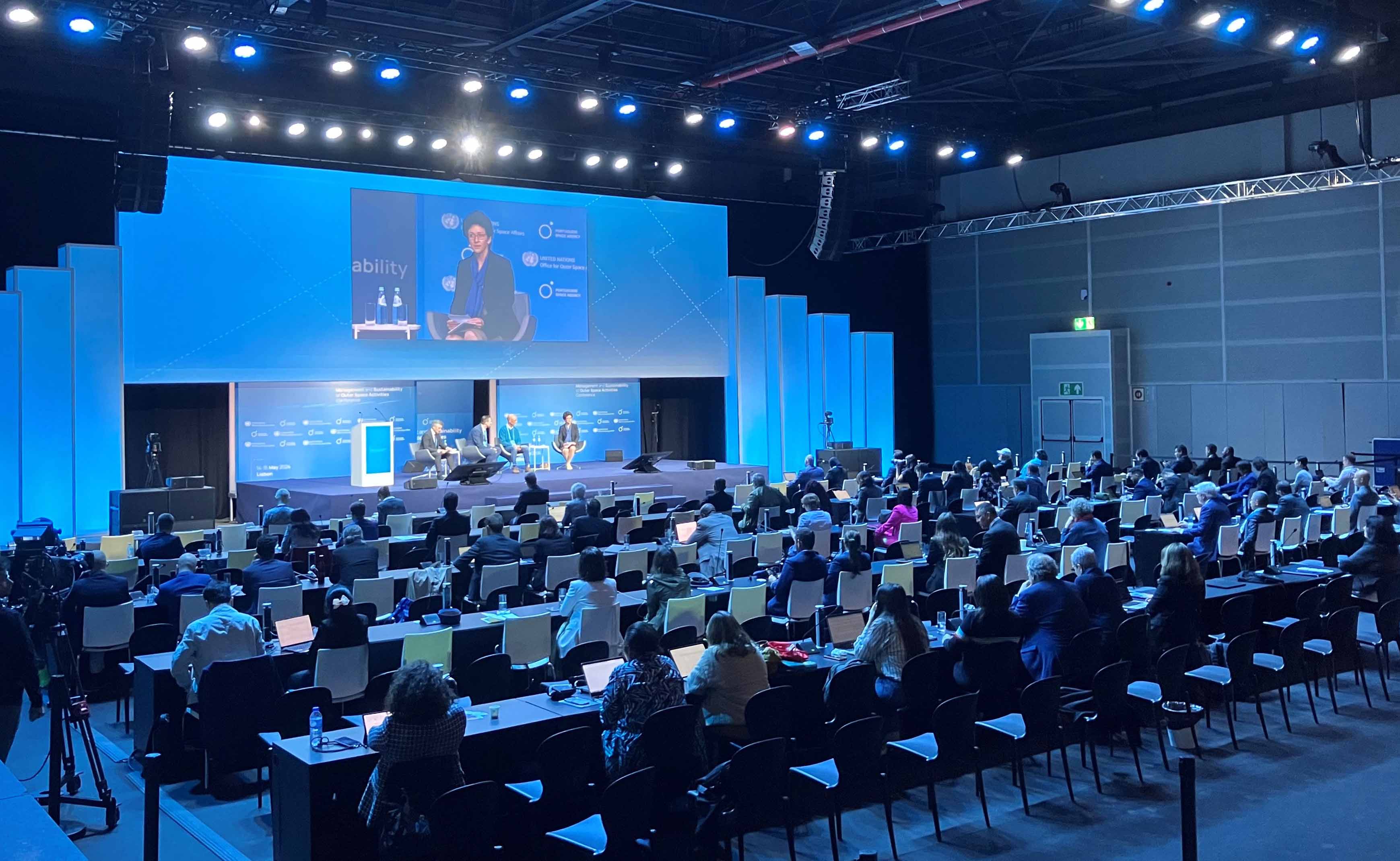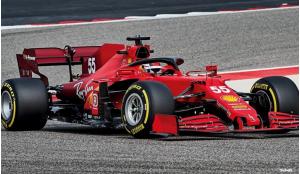The world needs a globally inclusive and cooperative governance framework to safeguard present and future space operations, the director of UNOOSA told a major international conference in Lisbon, Portugal, this week.
Aarti Holla-Maini said the world could not afford to loose all the critical services provided on a daily basis of us by space operations and services.Her stark warning was delivered in an opening address to the ‘Management & Sustainability of Outer Space Activities' conference a precurser to the UN's Summit of the Future in New York later this year.
UN Secretary General Antonio Guterres already put space high on the agenda of heads of state with Policy Brief 7 ‘For All Humanity, the Future of Outer Space Governance' in which he called on UN member states to assume a shared responsibility.
The UN Portugal conference provided the opportunity for Member States, the private sector and civil society to actively contribute to the process in the lead-up to September’s summit.
This week's conference, and its two preparatory virtual events, discussed two of the major challenges facing space operations - the proliferation of space debris and how to better coordinate space traffic management.
"The Summit of the Future serves as a beacon that urges us to unite around a collective vision for outer space. And that's a vision that I hope you share," said Holla-Maini.
“Today, as the number of stakeholders and satellites in space are increasing and when governance becomes increasingly complex, we realise the importance of the United Nations and of UNOOSA in particular. Our ability to lead by convening in and around COPUOS (Committee on the Peaceful Uses of Outer Space) is a crucial platform to advance these discussions.
“It is the UN's consensus-driven mechanism that must develop and refine the rules of orbit in collaboration with all nations, be they space-faring or not. And at this particular moment in time, when consensus lies in the balance due to a heightened geopolitical context, the work at this conference is even more important.”
Holla-Maini said the multilateral system cannot risk delay or failure. The proliferation of space debris and the sheer volume of satellites and launches all underscore the urgency of our mission here. These challenges require prompt and unified action.
“Unlike the gradual crisis of climate change, the escalation of orbital debris could far surpass our capacity to mitigate,” she warned.
The UN is uniquely positioned to lead this global endeavor by facilitating cooperation between member states with renewed vigour and with dedicated efforts like those of the Portuguese government, together with their unwavering commitment and contribution to the multi-stakeholder dialogue on space, I'm convinced that we can make a comprehensive progress on these critical issues.
In Lisbon, almost 20 years ago, European member states convened to renew their commitment to stay together and work collaboratively with a renewed conviction for the benefit of all under the framework of the Lisbon Treaty.
"Here we are again in this historic city, but now as the United Nations Member States, and I hope that we are also here with a renewed global will, a spirit of collaboration, and collaboration and a true sense of shared responsibility to preserve outer space as a realm of peace, discovery, and shared human heritage," added Holla-Maini.
This week’s Lisbon conference marked the culmination of months of hard work that started in early 2023, laying the foundations for discussions involving over 80 speakers from 22 countries and some 20 international organisations.
Lisbon summit calls for urgent action on space threats











